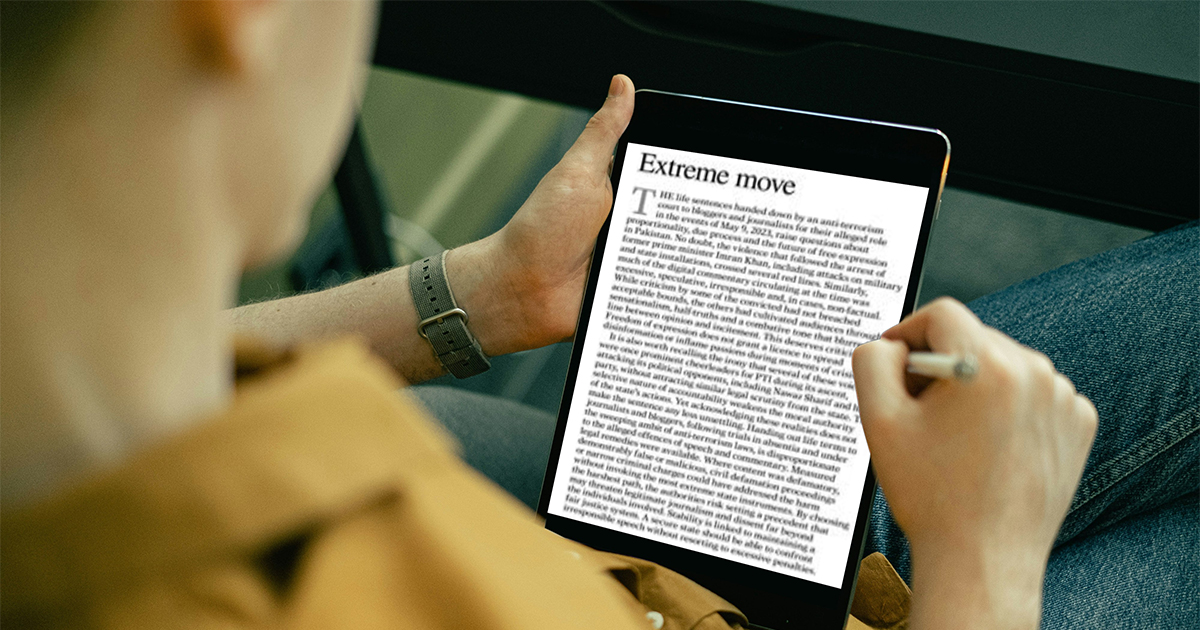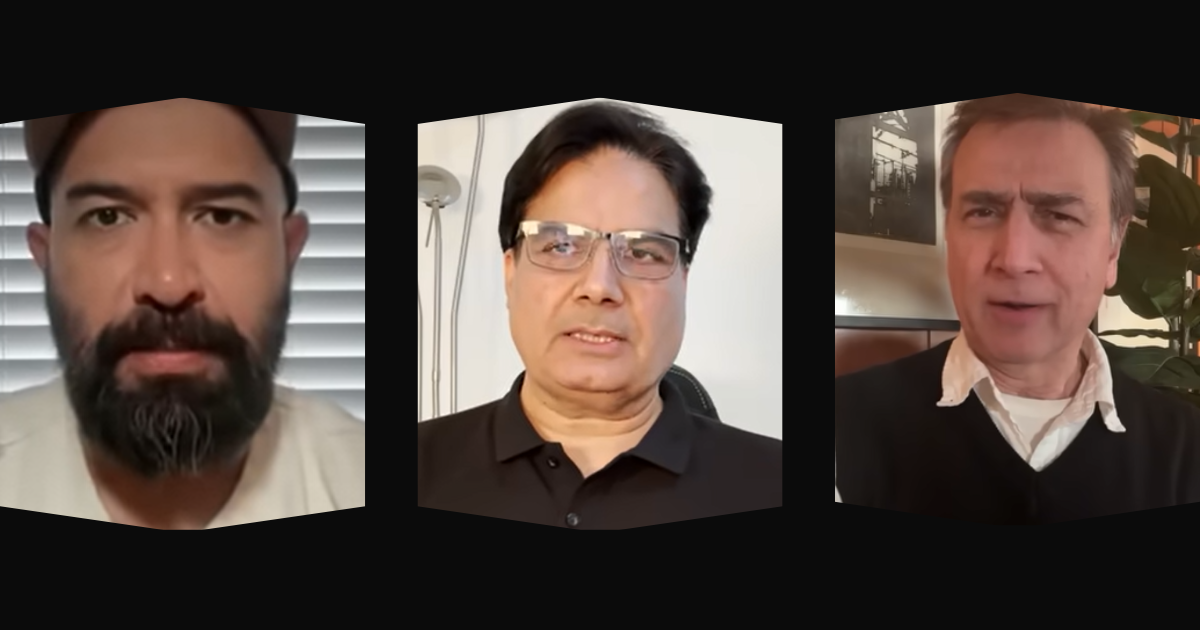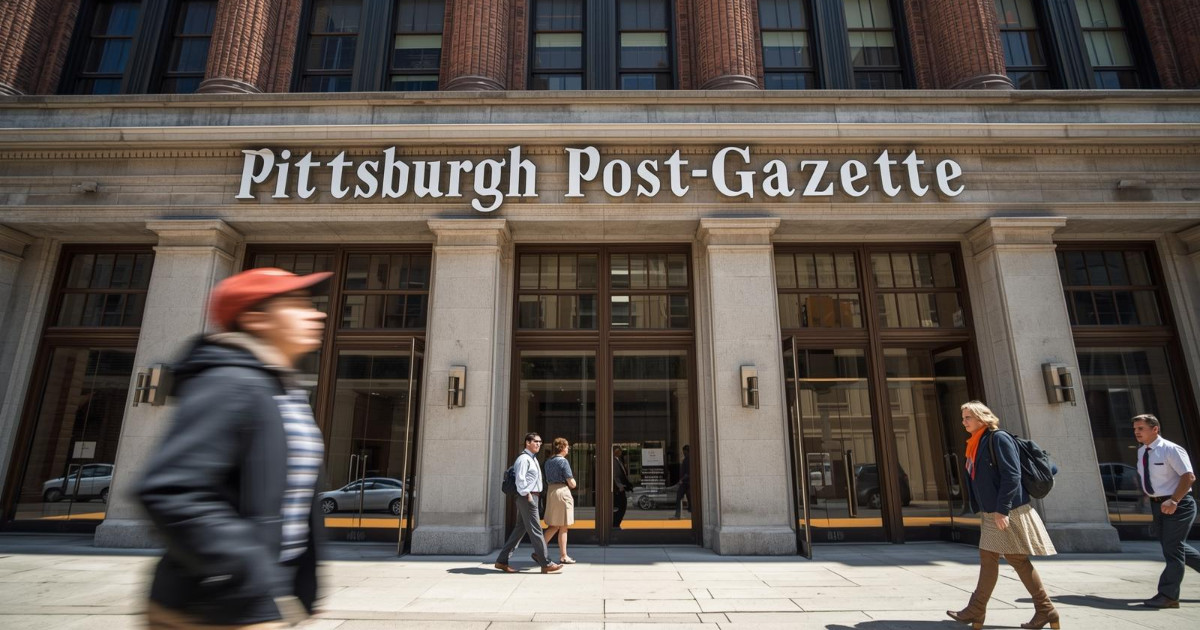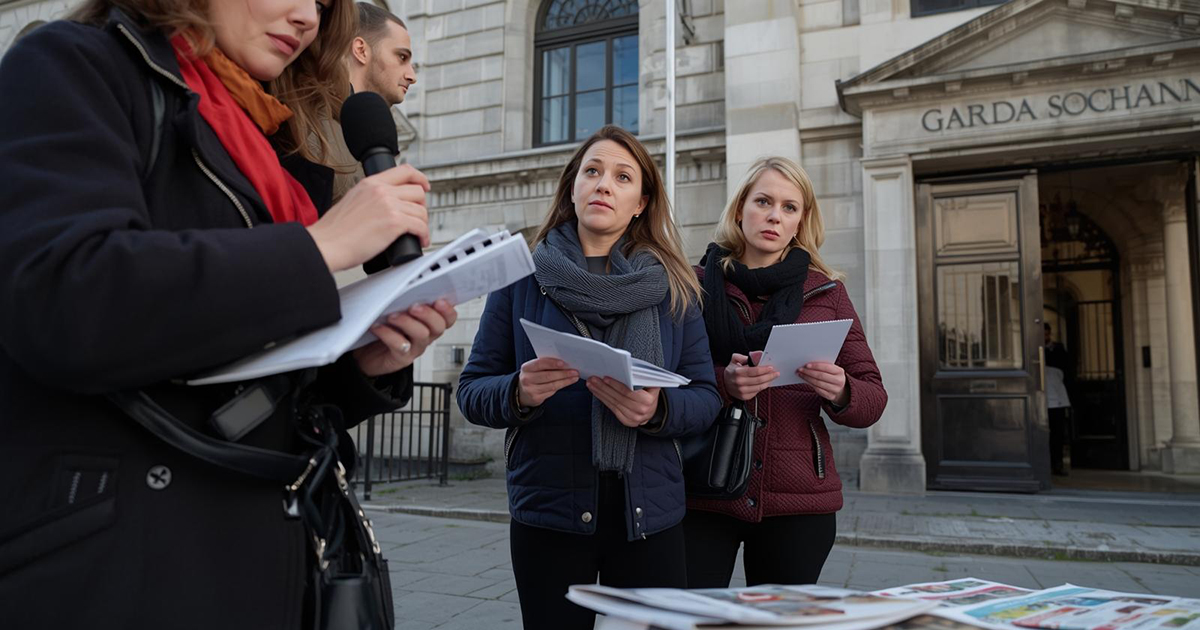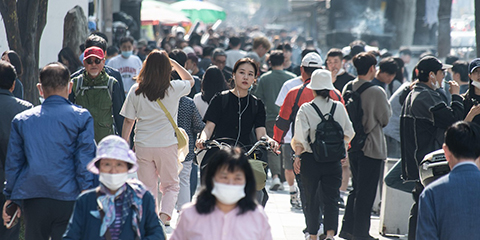Xinjiang Police say media have no right to ask questions
JournalismPakistan.com | Published: 9 March 2017
Join our WhatsApp channel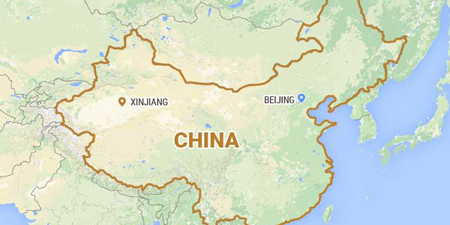
The International Federation of Journalists criticized a statement from Xinjiang Police denying the media's right to inquire about a detention case. A journalist's request for clarification about a netizen's punishment was dismissed by police, highlighting issues surrounding press freedom in the region.Summary
The International Federation of Journalists (IFJ) Thursday deplored a statement by Xinjiang Police that denies the media’s right to ask questions.
Radio Free Asia reported on March 2 that it tried to follow up information that a netizen in Xinjiang had been placed in detention for 15 days because he used a virtual private network (VPN) to listen to Radio Free Asia and other supposedly “anti-government” websites. An RFA reporter called the Police Bureau for further information, but the police replied: “You have no right to ask.” The RFA said Meng Juntao was punished with 15 days’ administrative detention, starting on February 18. The charges said Meng used a VPN called “Super VPN” on his cell phone to listen to Radio Free Asia and other “anti-government” websites on January 8. This was a violation of section 80 of the Counterterrorism Law of China and section 50 of the Implementation of Counterterrorism Law in Xinjiang. According to section 50(2) of the Implementation of Counterterrorism Law in Xinjiang, anyone who accesses a website that contains terrorist ideology, or produces, reproduces, downloads, installs, reads, or copies any content from such a website in audio, visual, image or article form, is liable to be punished. The IFJ said: “Regardless of the absurdity of the law, it is totally inappropriate for a government agency to tell a media outlet that it has no right to question officials. The police statement shows how poorly Xinjiang civil servants understand the role of media and how unthinkingly they follow government policy.” The IFJ reiterated that Article 35 of China’s Constitution enshrines the right of the people to press freedom and that this freedom includes the right of access to information. The constitution overrides all other legislation. We urge Shohrat Zakir, the Chairman of Xinjiang Uyghur Autonomous Region, to demand that the police bureau investigates Meng’s case and release him immediately. In addition, Chairman Shohrat should investigate the police bureau to see whether any civil servants have abused their powers. Finally, IFJ urged the National Congress of China to re-examine the Counterterrorism Law and its implementation across the nation to see whether any section has deviated from the spirit of the law and needs to be amended. - IFJ media release/Image: NDTV
KEY POINTS:
- Xinjiang Police deny media's inquiries.
- Individual punished for using VPN to access foreign websites.
- IFJ condemns police statement as an attack on press freedom.
- Chinese Constitution supports access to information.
- Calls for investigation into the police's handling of the case.






